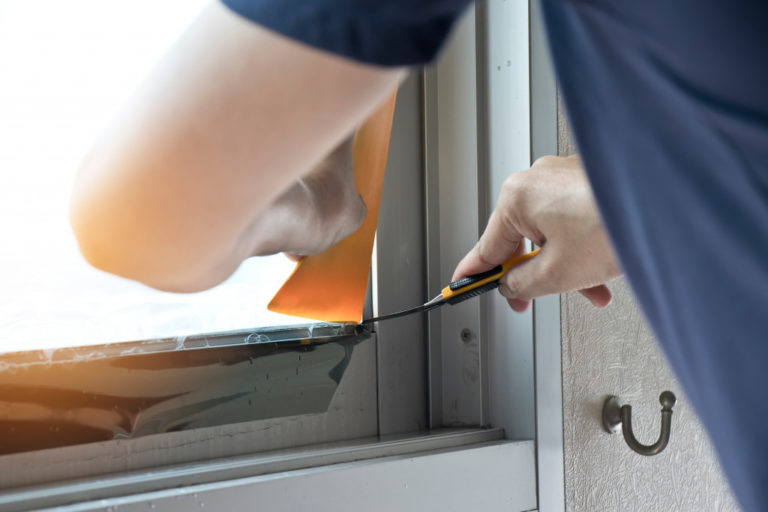Window films or tints were first used on automobiles and airplanes. Due to their efficiency to decrease heat and block the sun’s harmful UV rays, window films began to be popular for home windows. Basic types of tint are usually dyed to help block solar radiation and reduce glare within a home. They also reduce visibility from outside the home. Advances in window film technology allow for clear tints and an unobstructed view of the outside world.
Tints go beyond providing respite from the harsh solar radiation; it also provides a level of security and privacy for its homeowners. Also, window films are cost-effective ways to reduce utility costs, such as heating and cooling. Apart from these, here are some of the other benefits of installing window films.
Utility Rebates
One of the most significant benefits of installing window films is utility rebates. Some power utility companies classify tints as a form of energy-saving tools. They offer rebates to homeowners who upgraded their home windows with tint. Some states also reward homeowners with tax breaks or credits due to energy efficiency. Home window tinting in states like AZ can save you as much as thirty percent off your tax declaration as an incentive.
Before you can claim the incentive, an energy audit will be performed to check if your home is following state guidelines. Check with state accreditation agencies on how to avail of these incentives.
Extra Layer of Security
Window films go beyond providing comfort and making a home energy efficient — they also act as an extra layer of security. Security films, also known as “Hurricane Tints,” are the thickest and most robust of all window films. These films help protect a home against burglars, thieves, and hurricane-force winds. They don’t easily break, and if the glass is eventually compromised, these secure the glass to prevent it from shattering into smaller pieces. Think of it as a “safety net” against accidents and break-ins.
Improved Exterior Appeal
Another benefit of having window films installed is improving your home’s exterior appeal. There are many options for decorative tints, which also enhance window functionality. These designer window films still allow for light to enter a space while blocking solar radiation. They usually come in various shades, which will complement your home’s overall exterior.
Ask advice from experts before installing decorative window films. They can help you choose the right tint and shade for your home. It’s also advisable to check your local home owner’s association or HOA about residential tinting guidelines. They may have rules on what types of tints to use.
Furniture Protection

Ask any car owner, and they can tell you how damaging the sun’s ultraviolet and infrared rays are to a vehicle’s interior. Without a proper tint, a car’s dashboard, instrument panel, steering wheel, and upholstery can suffer from premature fading. Home furnishings can also suffer from the same fate. Imagine your comfortable sofa and chairs, carpets, and even the floors fading faster than usual. Window tint can help protect your home’s interior and prolong the life of your beloved furniture.
The advantages of installing window films are boundless. They’re effective ways to cut energy costs while protecting your home against gale-force winds and possible intruders. Consider tints on your next home renovation project.



